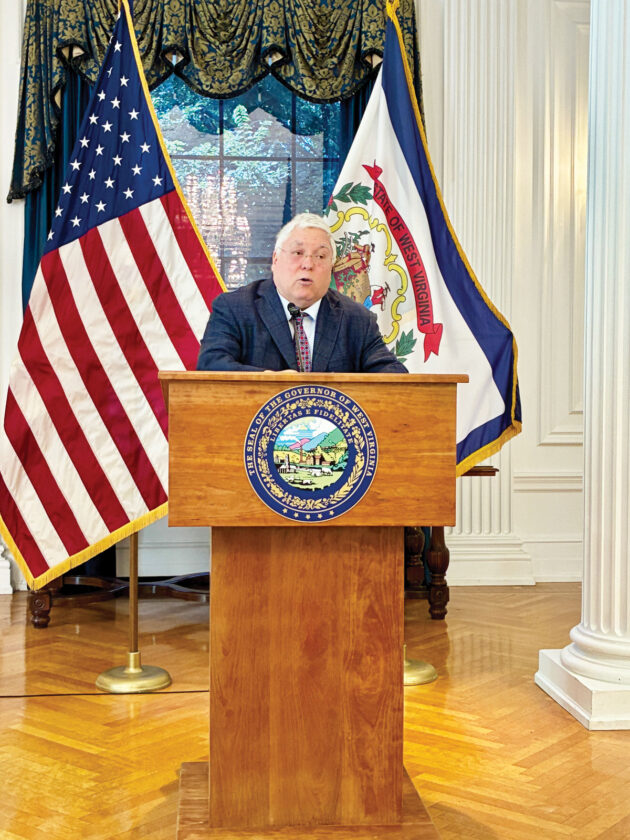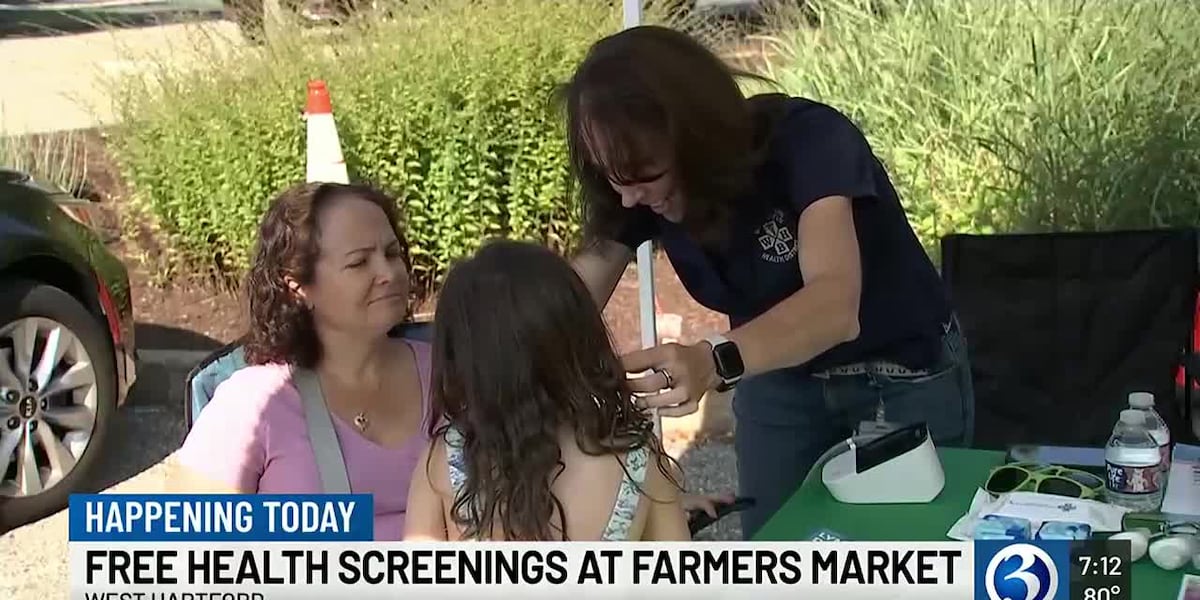West Virginia Sells Four State-Run Care Homes to New York Firm - What It Means for Seniors

CHARLESTON, WV – West Virginia is making a significant shift in its healthcare landscape. Four of the state’s seven state-owned long-term health care facilities are set to be sold to a New York-based development company, marking a change that's sparking discussion about the future of senior care in the Mountain State.
Attorney General Patrick Morrisey announced the deal during a press conference held Tuesday afternoon at the State Capitol Building. The agreement involves the sale of facilities located in Elkins, Weston, Huntington, and South Charleston. Details regarding the specific purchase price and the development company's plans for the facilities are still emerging, but the focus remains on ensuring continuity of care for the residents currently receiving services.
Why the Sale?
Morrisey explained that the decision to sell stems from a desire to improve the quality of care and financial stability of these facilities. He stated that the state has faced ongoing challenges in adequately funding and maintaining these long-term care homes, leading to concerns about staffing levels, facility upkeep, and ultimately, the quality of care provided to residents. “We believe this partnership will bring in much-needed investment and expertise to revitalize these facilities and enhance the lives of West Virginia seniors,” Morrisey commented.
Who's Buying?
While the name of the New York-based development company hasn’t been officially released (as of this writing), it’s understood to be a firm specializing in long-term care and senior living communities. Sources indicate the company has a strong track record of improving facilities and providing high-quality services. The expectation is that the new ownership will bring fresh capital and innovative approaches to resident care, including potential upgrades to infrastructure and expanded service offerings.
Concerns and Considerations
The announcement has naturally raised concerns among families and advocates for West Virginia seniors. Key questions revolve around job security for current staff, the potential for changes in admission policies, and ensuring that the new owners maintain the same level of care and compassion that residents have come to expect. State officials have pledged to work closely with the buyer to address these concerns and to ensure a smooth transition for residents and staff.
“We are committed to ensuring that this transition is seamless and that the residents of these facilities continue to receive the excellent care they deserve,” Morrisey assured. The state plans to establish a monitoring system to track the buyer's performance and to address any issues that may arise.
Looking Ahead
The sale of these four long-term care facilities represents a pivotal moment for West Virginia’s healthcare system. While the move is intended to improve the quality of care and financial sustainability of these facilities, it also underscores the challenges facing states in providing long-term care services for an aging population. The coming months will be crucial as the transition unfolds and West Virginians watch to see how this new partnership impacts the lives of their loved ones.
This is a developing story. Updates will be provided as more information becomes available.




:max_bytes(150000):strip_icc()/GettyImages-953147476-0602dfd373604d079ac82b135c3b78ec.jpg)

